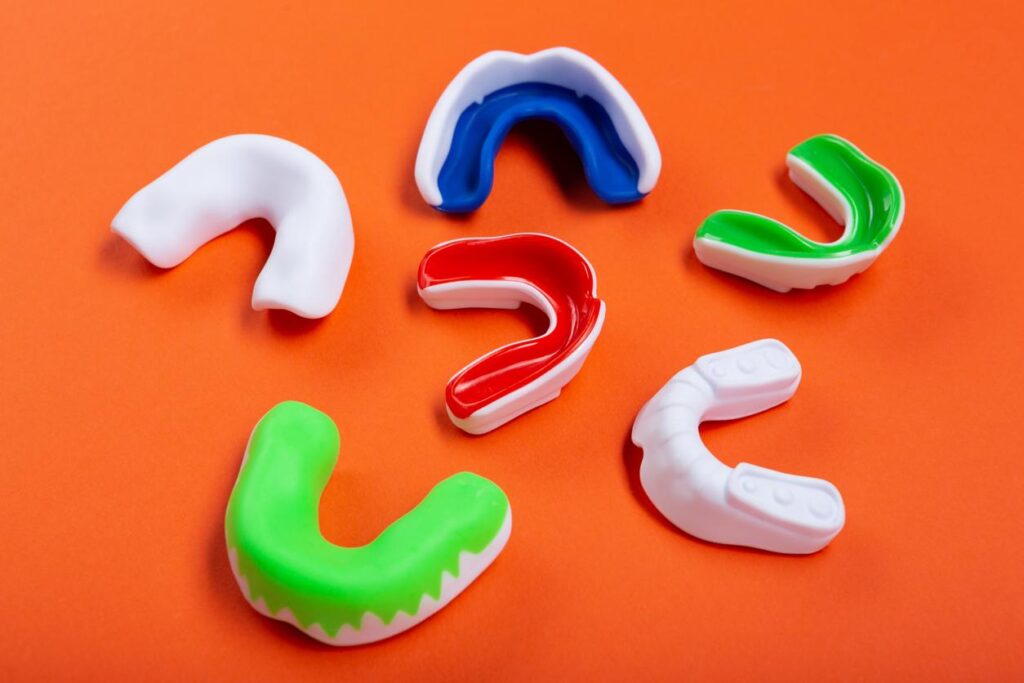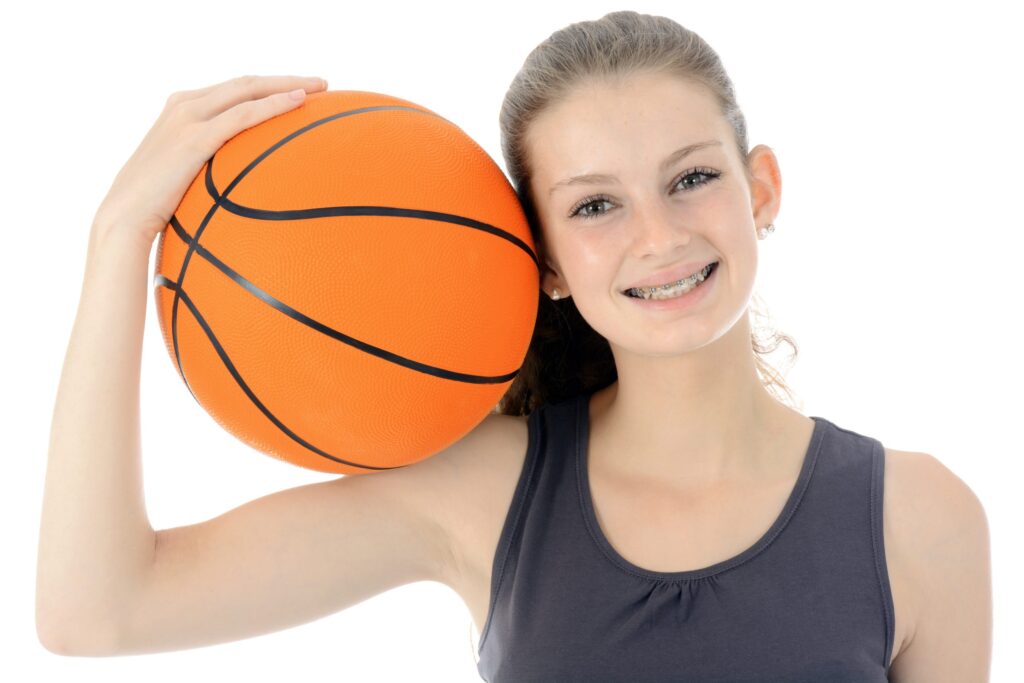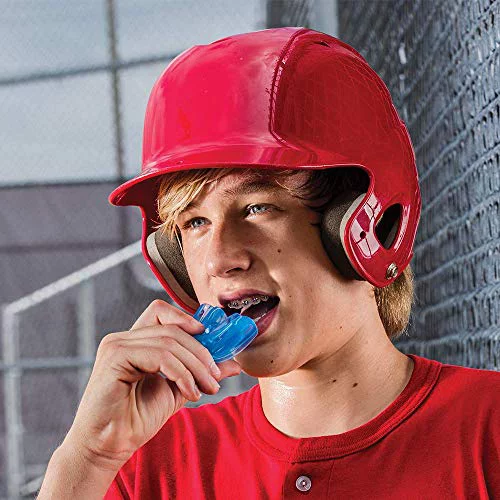Saskatoon – Stephenson Orthodontics
Athletes sometimes use extreme physical exertion to keep competitive in sports. Many young athletes wear braces or use other orthodontic devices to achieve a healthier, beautiful smile. The question is, does wearing braces or other orthodontic devices affect their performance? The good news is that orthodontic treatment does not have to prevent athletes from performing at their best. In this article, we will discuss how athletes can navigate orthodontic treatment without compromising their performance or damaging their teeth, including the use of mouthguards.
1) The importance of Mouthguards in Orthodontic Treatment
Mouthguards are a crucial component of sports gear that protect athletes from a myriad of dental injuries. They prevent trauma to the teeth, cheeks and tongue. These injuries can be quite costly to treat and harm the progress of orthodontic treatment, as well as jeopardize the athlete’s performance. Studies have also shown that wearing a mouthguard while playing physical sports can lesson the occurrence of concussions by absorbing some of the impact. Wearing customized mouthguards is highly recommended, so ensure to ask your orthodontist for recommendations.

2) Choosing the Right Mouthguard
Athletes should consider various factors before choosing a mouthguard. The mouthguard should be well-fitted and not cause any discomfort or hinder breathing. It should also be built to withstand heavy blows and impact, as well as reducing the risk of dental injuries. Mouthguards come in various materials, but the preferred material is the thermoplastic that offers about 84% protection. Your orthodontist can recommend the right type of mouthguard that best suits your specific sport.
3) Impact on Performance
While some athletes have no issues playing their sports with orthodontic treatment, some may experience discomfort and need time to adjust to their orthodontic devices. For instance, it may take some time to adjust and get comfortable with a new mouthguard. In some cases, the pronunciation of words may be affected. Athletes can practice proper pronunciation by saying certain words while wearing their mouthguard to break the habit.
4) Role of Your Orthodontist in Sports Progress
Athletes should have a good relationship with their orthodontist, as he/she plays a crucial role in their sports progress, creating or advising on mouthguards that do not affect their athletic performance. They can also offer tips, and answer any questions that arise. Orthodontists will monitor the athlete’s orthodontic treatment progress regularly and make any necessary adjustments to the treatment plan to fit the athlete’s sports needs.
5) Prolonging Orthodontic Treatment Timeline
Orthodontic treatment may take a little longer if the athlete wears braces and a mouthguard simultaneously, for long periods of time. That being said, if an injury occurs, it may also set the athlete further back in their orthodontic treatment, making the timeline longer. Mouthguards can help reduce trauma drastically, ensuring the athlete stays on track for their planned timeline.

In conclusion, having orthodontic treatment and being involved in sports should never be equated with needing to sacrifice one for the other. Mouthguards play a crucial role in safeguarding an athlete’s dental health during the practice sessions and games. Orthodontists are dedicated to ensuring that their patients receive the best care possible, explaining the various options, and working with their patients to tailor treatment plans that won’t interfere with their sports performance. At the end of the day, continuing orthodontic treatment throughout athletic pursuits largely depends on each individual athlete’s commitment to injury prevention and preserving good oral health.
For a free consult, reach our office at 306-653-3955 or book an appointment below.
Stephenson Orthodontics
301 The Tower at Midtown
201 1st Ave South
Saskatoon, Saskatchewan
S7K 1J5



